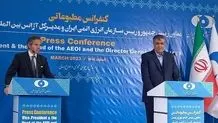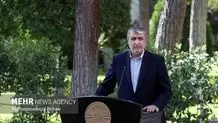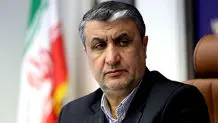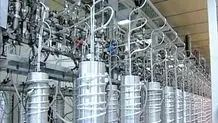Iran willing to cooperate with IAEA: envoy
Iran’s envoy to the International Atomic Energy Agency (IAEA) says Tehran is willing to cooperate with the agency despite an authoritarian approach by the Western countries.
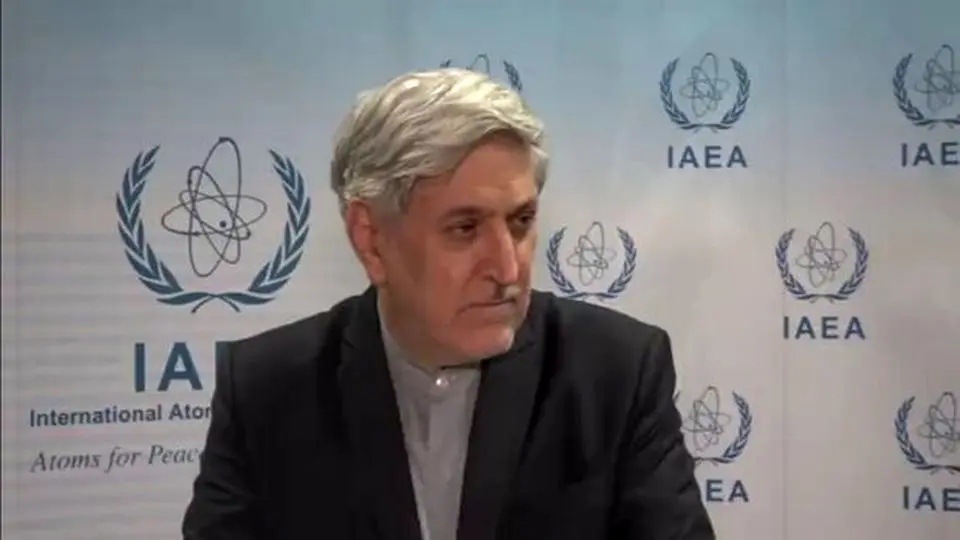
MEHR: Iran’s envoy to the International Atomic Energy Agency (IAEA) says Tehran is willing to cooperate with the agency despite an authoritarian approach by the Western countries.
Mohsen Naziri Asl said, “The European countries are drawing the world's attention to Iran’s nuclear program in the IAEA to cover up the important and very worrying issue of the Israeli regime’s military nuclear program, which is a source of instability in the region and a threat to peace and security.”
The Europeans are pursuing a plan to deprive an independent country, Iran, of its national interests while Tehran remains fully committed to international regulations, the diplomat said, according to Press TV website.
They are trying hard to manipulate realities, pursue a limited political agenda and prevent a key player in regional issues to play its role vis-à-vis foreign interference, he stressed.
The Iranian diplomat added that the European Union must end its zero-sum game against Iran and change its attitude toward the country, rather than insisting on its ineffective, authoritarian approach.
“They need to abandon the win-lose scenario and change their attitude toward Iran,” Naziri Asl said in an address to a session of the IAEA Board of Governors on Wednesday.
“The ineffectiveness of this authoritarian approach has been proven many times in relation to Iran,” Naziri Asl said.
Earlier this week, IAEA Director General Rafael Mariano Grossi visited Iran and held meetings with head of the Atomic Energy Organization of Iran (AEOI) Mohammad Eslami, President Ebrahim Raeisi and Foreign Minister Hossein Amir-Abdollahian, to discuss the country’s peaceful nuclear program.
At the end of the visit, Grossi and Eslami issued a joint statement in which the two sides agreed to take steps aimed at facilitating enhanced cooperation and expediting the resolution of outstanding safeguards issues.
After the visit, Grossi apparently walked back on his remarks about reaching a good agreement with Iran on the settlement of outstanding issues.
Naziri Asl also slammed repeated statements by certain countries urging Iran to implement its commitments as per the 2015 nuclear agreement, formally known as the Joint Comprehensive Plan of Action (JCPOA), which was unilaterally abandoned by the United States three years after its conclusion.
These countries have not only deliberately mixed up Iran’s voluntary commitments with its legal commitments, but they have also made their utmost efforts to hide the very real fact that the JCPOA has other parties and annexes that must be implemented by its signatories without further delay, he maintained.
Naziri Asl was apparently referring to a statement to the IAEA Board of Governors’ meeting this week by the three European signatories to the JCPOA – France, Germany and the UK – which accused Iran of “unabated and dangerous nuclear escalation.”
The trio claimed that Iran continues to install new centrifuge cascades, including advanced centrifuges, in significant numbers and voiced their concern over the country’s announcements to install further advanced centrifuges and cascades at the Fordow nuclear facility.
“This unprecedented enrichment at up to 83.7 percent U-235 is an extremely grave escalation,” they said.
The US also called the discovery of the particles “an alarming development.”
Iran rejected the claim, asserting that there has been “no deviation” in its peaceful nuclear activities.

